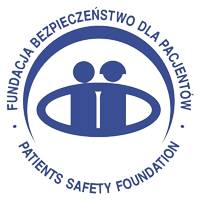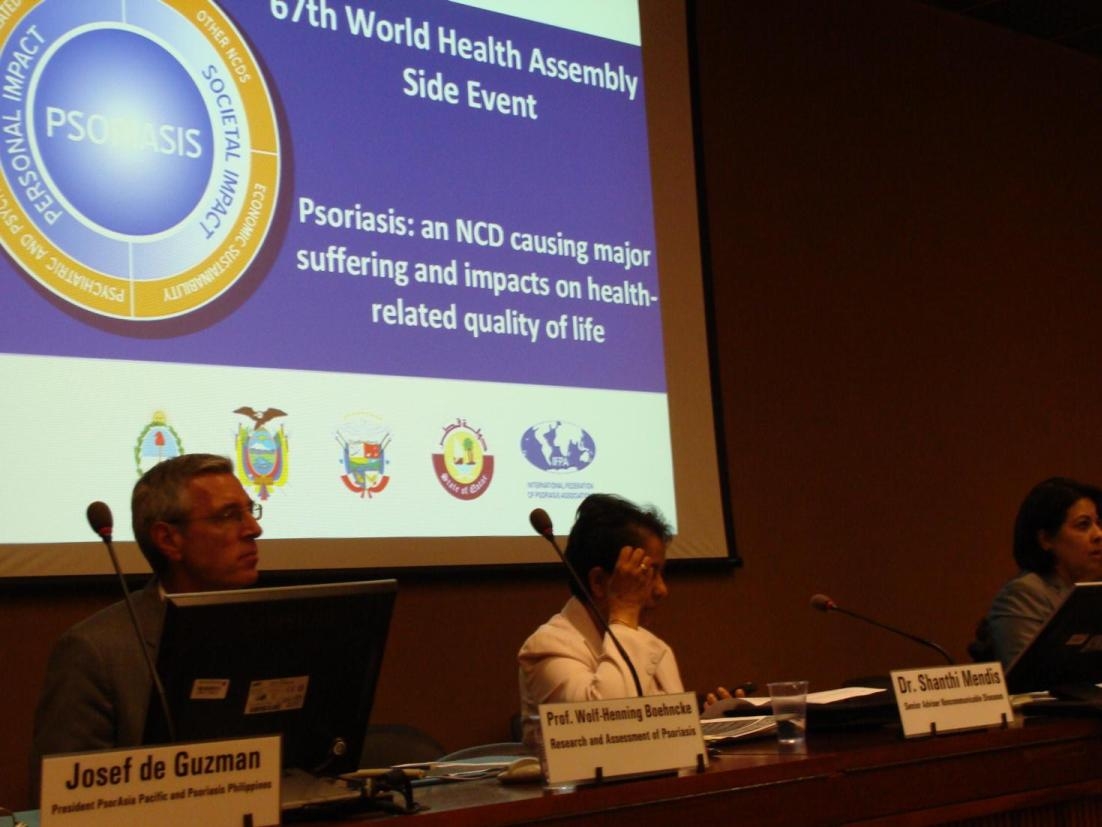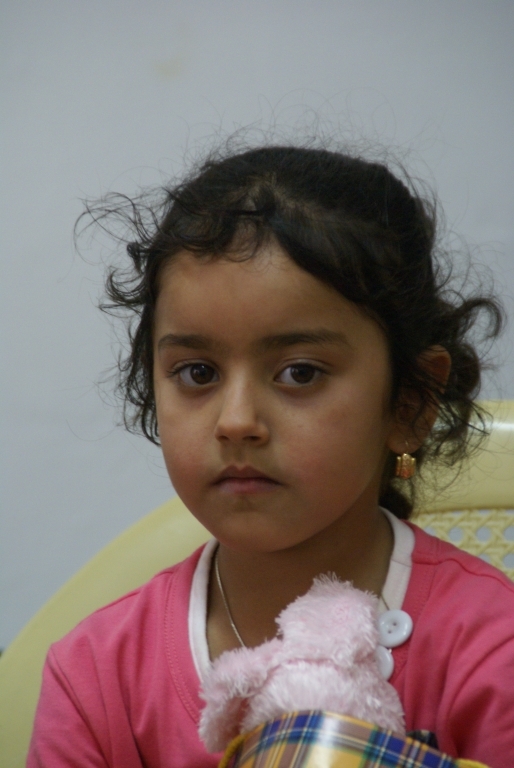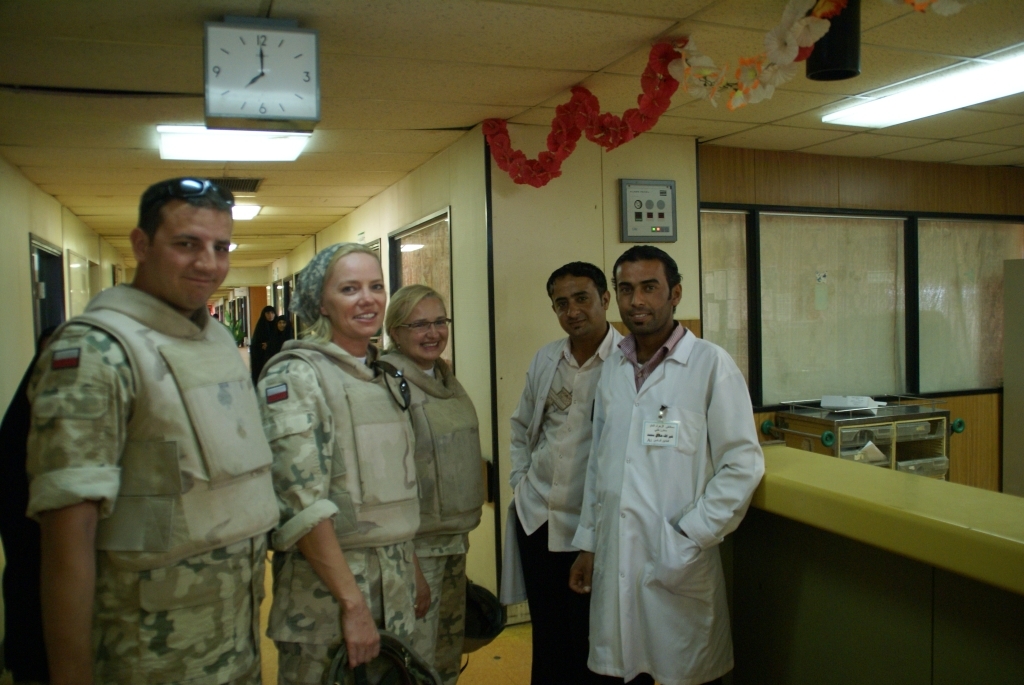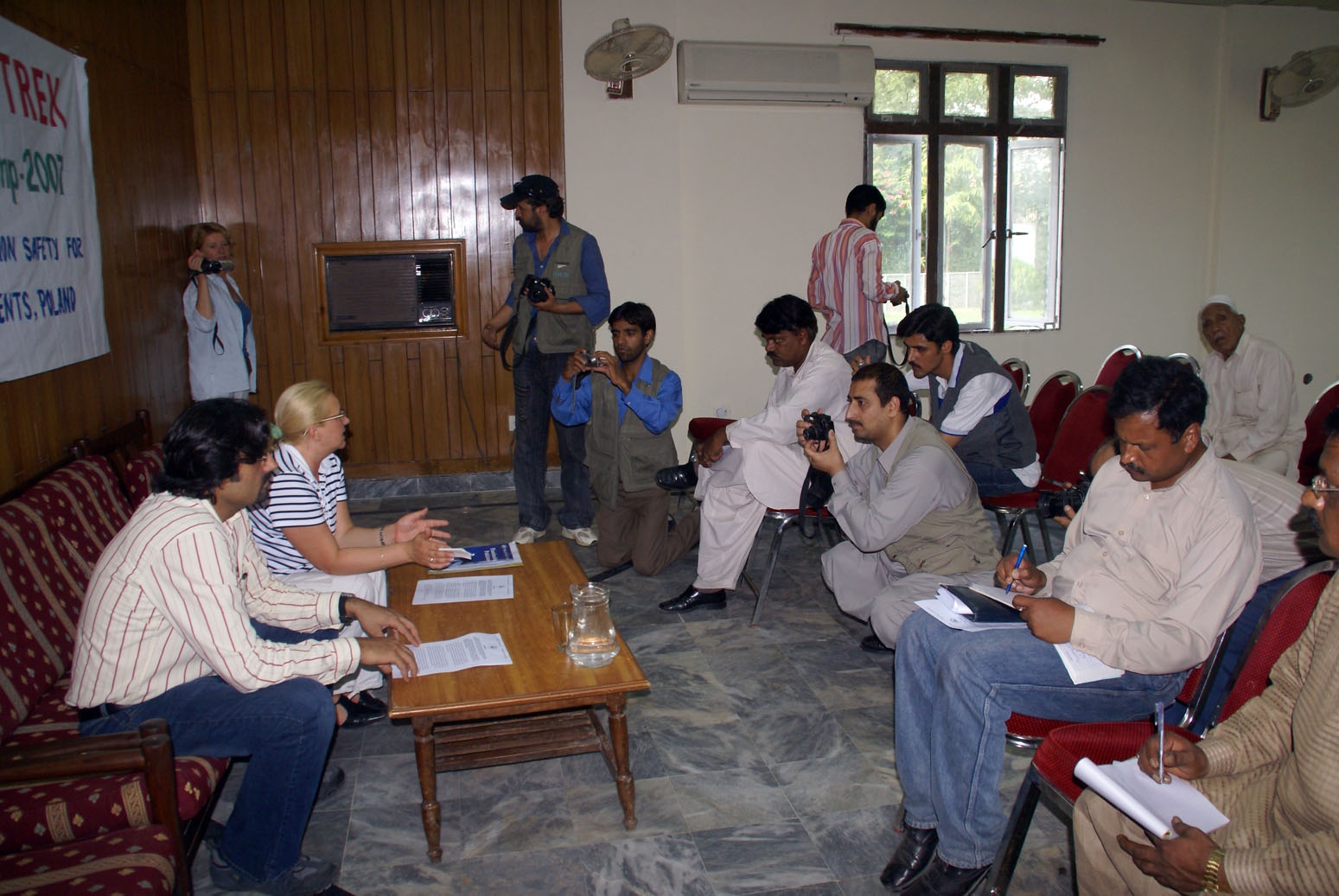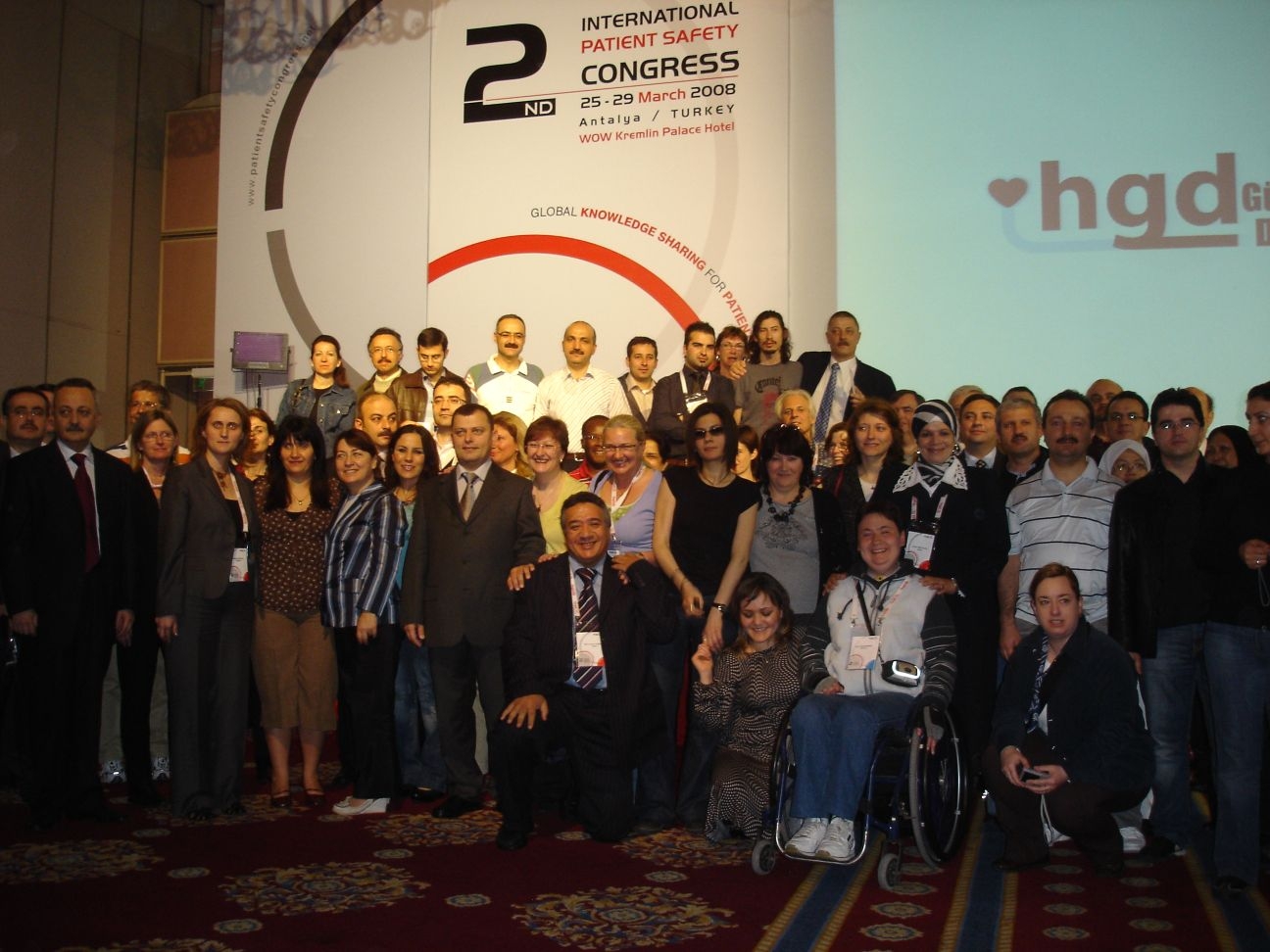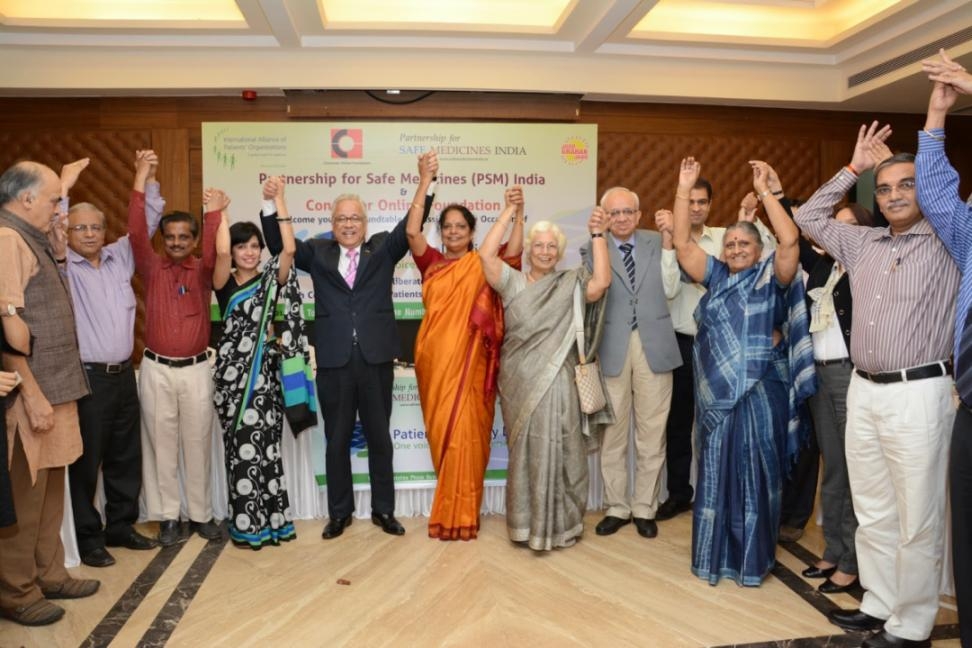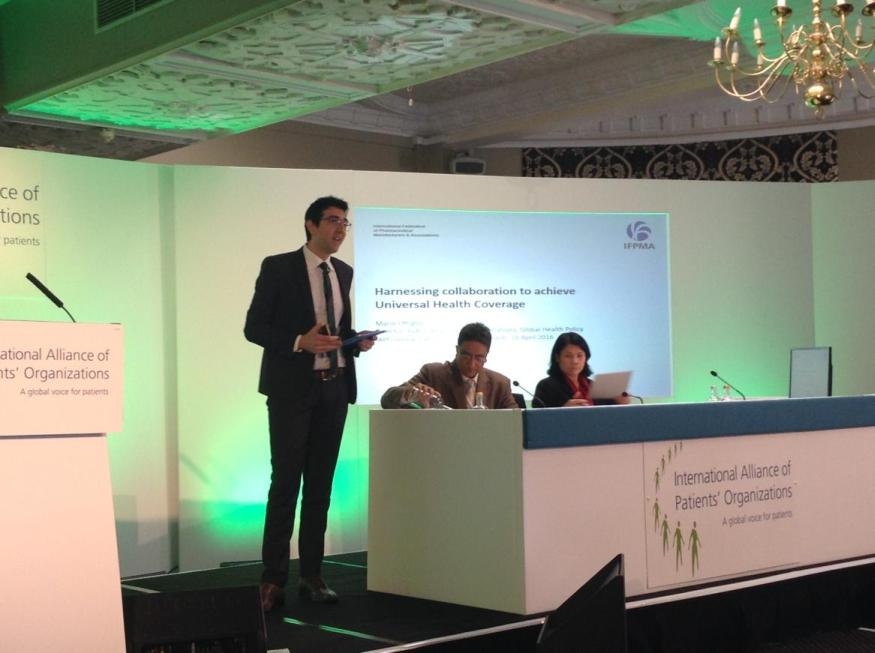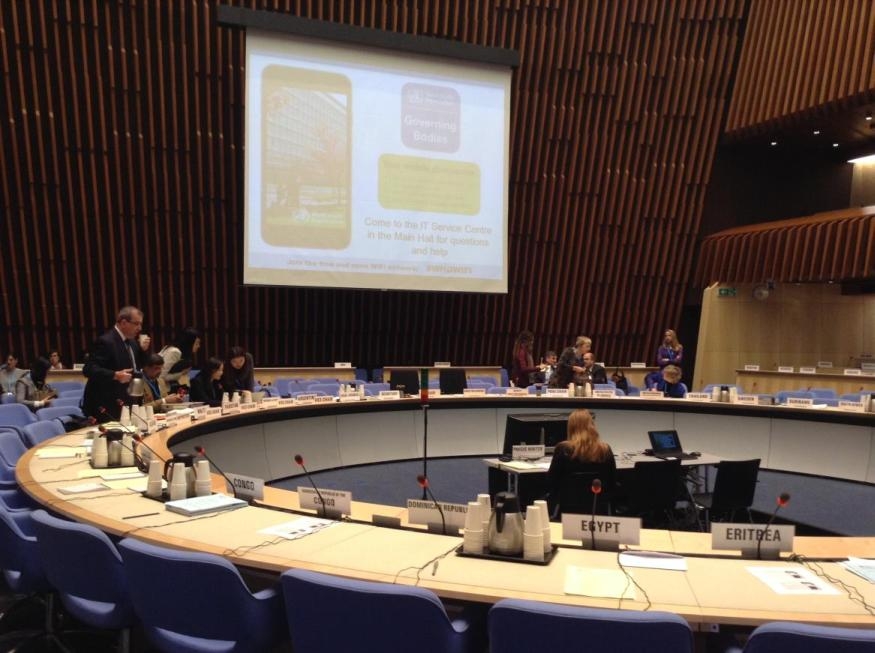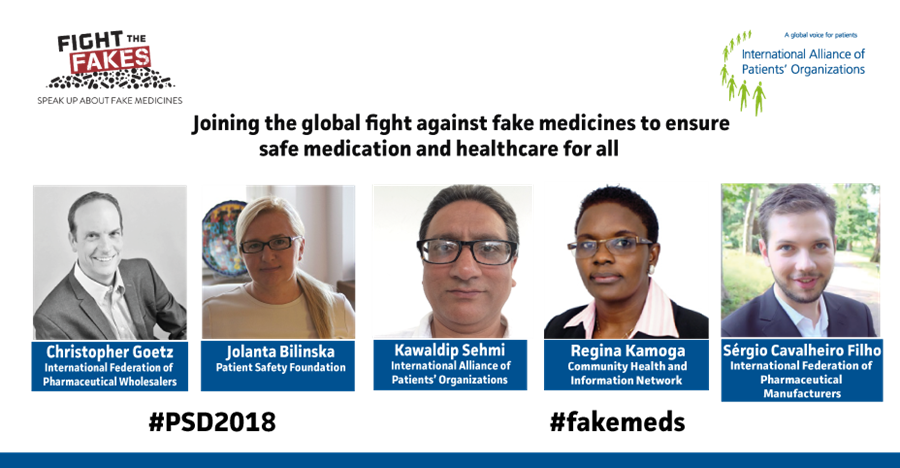basic legal grounds pursuant to the fundamental statute the Constitution of April 2, 1997 (Law Gazette No 78, Item 483)
determined by the acts:
Act
of August 30, 1991 on Health Care Facilities (Law Gazette No 91, Item
408; of 1992 No 62, Item 315; of 1994 No 121, Item 591; of 1995 No 138,
Item 682; of 1996 No 24, Item 110; of 1997 No 104, Item 661, No 121,
Item 769, No 158, Item 1041 and of 1998 No 106, Item 668 and No 117,
Item 756)
Act of August 19, 1994 on Mental Health Care (Law Gazette No 111, Item 535; of 1997 No 88, Item 554 and No 113, Item 731)
Act of October 26, 1995 on Removal and Transplantation of Cells, Tissues and Organs (Law Gazette No 138, Item 682)
Act of July 5, 1996 on Nursing and Midwifery Profession (Law Gazette No 91, Item 410 and of 1998 No 106, Item 668)
Act of December, 5 1996 on Medical Profession (Law Gazette No 28, Item 28, No 88, Item 554 and of 1998 No 106, Item 668)
I. Patients rights resulting from direct application of the Law of Constitution:
- Every person has the right to protection of health (Art. 68, Section 1)
- Every citizen has the right to equal access to health services financed from public funds under the provisions and within the scope regulated in the Act (Art. 62, Section 2)
II. Patient’s rights in a health care facility laid down in the Act of 1991 on Health Care Facilities:
- Patient
reporting to a health care facility has the right to receive health
services without delay in case of life threat or health jeopardy
regardless of circumstances (Art. 7)
- Patient in the health care facility has the right to:
health services in accordance to the best medical evidence and, in case of restricted availability of required services, the right to conscientious procedure based on medical grounds to go on a waiting list (Art.19, Section 1, Clause 1; Art. 20, Section 1, Clause 1 and Art. 26)
receive health services from licensed providers in the setting and with use of equipment meeting professional and sanitary standards (Art. 9, Section 1 and Art. 10)
information about his/her health condition (Art. 19, Section 1, Clause 2)
grant or refuse consent for specific medical service after having received appropriate information (Art. 19, Section 1, Clause 3)
intimacy and respect in the course of medical treatment (Art. 19, Section 1, Clause 4)
access to medical records or delegate other individuals to get the access (Art. 18, Section 3, Clause1)
safeguard confidentiality of information stored in patient’s medical records (Art 18, Section 2)
access to patient’s rights information (Art. 19, Section 6), moreover in an in-patient or all-day health care facility such as hospital, sanatorium, nursing home the patient has the right to:
be provided with:
- pharmaceutical preparations and medical materials (Art. 20, Section 1, Clause 2 and Art. 26)
- accommodation and alimentation appropriate to health condition (Art. 20, Section 1, Clause 3 and Art. 26)
- chaplaincy care (Art. 19, Section 3, Clause 3)
additional nursing care from next-of-kin or other designated caretaker (Art. 19, Section 3, Clause 1)
personal, telephone or correspondence contact with people from the outside (Art. 19, Section 3, Clause 2)
notify an individual or institution to be informed by the facility about health deterioration resulting in life threat or in case the patient should die (Art. 20, Section 2 and Art. 26)
grant or refuse consent to be placed in the facility (Art. 21, Section 1 and Art. 26)
14. discharge from health care facility at one’s own request and obtain information from the doctor about possible consequences of renunciation of treatment in the facility (Art. 22, Sections 1-2 and Art. 26)
15. receive indispensable assistance and transfer to another hospital in the situation when, despite an urgent referral from a licensed physician, the patient cannot be admitted immediately (Art. 21)
- Patient has the right to emergency health service in case of accident, injury, labour, sudden illness or deterioration of health condition resulting in life threat (Art. 28)
III. Patient’s Rights determined in the Act of 1996 on Medical Profession
Patient has the right to:
- receive health services from the doctor meeting state-of-the-art medical standards, available preventive measures and diagnostic methods of treatment in accordance to principles of medical ethics and due conscientiousness (Art.
- receive medical assistance from the doctor in any case when delay could result in life threat, serious injury or health jeopardy, or in other cases of great urgency (Art. 30)
- receive clear information about his/her health condition, diagnosis, recommended or available methods of diagnosis and treatment and predictable consequences of their implementation or renunciation, outcome and prognosis (Art. 31, Section 1)
- request information from the doctor about his/her health condition and prognosis due to the patients conviction that the doctor restrains the information in consideration of patient’s interest (Art. 31, Section 4)
- designate individuals to whom the doctor may disclose information referred to in Clause 3 (Art. 31, Section 2)
- express the will not to be disclosed information referred to in Clause 3 (Art. 31, Section 3)
- refuse consent to undergo examination or receive other health services from the doctor (Art. 32, Section 1)
- accept or decline surgery or a method of treatment or diagnosis of increased risk; the patient must be provided by the doctor with the information referred to in Clause 3 prior to making decision (Art. 34, Sections 1-2)
- receive information from the doctor if, in the course of an operation or application of a specific method of treatment or diagnosis, the doctor has altered their scope due to emergence of circumstances posing a threat to patient’s life or health (Art. 35, Section 2)
- respect his/her privacy and personal dignity by the doctor (Art. 36, Section 1)
- accept or refuse participation of individuals other than medical staff indispensable for carrying out a specific health care service (Art. 36, Sections 1-2)
- request from the doctor the second opinion from an appropriate specialist or case management conference provided by several physicians (Art. 37)
- be informed by the doctor within a reasonable period of time of anticipated termination of service and practical options of receiving appropriate health service with another doctor or health care facility (Art. 38, Section 2)
- confidentiality of patient related information obtained by the doctor in the course of professional duties (Art. 40, Section1)
- receive information from the doctor about unfavourable consequences of giving consent to disclose information known by the doctor (Art. 40, Section 2, Clause 4)
- grant or refuse consent to disclose patient’s individually-identifiable information in public (Art. 40, Section 4)
In addition, the patient undergoing medical experimentation has the right to:
accept
or refuse to participate in medical experimentation after having been
informed by the doctor of objectives, methods and provisions under which
the research is carried out, expected therapeutic and cognitive
benefits, risks and the opportunities to revoke consent and withdraw
from participation in the experiment at any time (Art. 24, Section 25;
Art. 25, Section 1 and Art. 27, Section 1)
be informed by the doctor of potential health and life threat due to abrupt termination of the experiment (Art. 24, Section 2)
withdraw consent to medical experimentation at any stage (Art. 27, Section 1)
IV. Patient’s rights laid out in the Act of 1996 on Nurse and Midwife Profession
Patient has the right to:
- receive health services from a registered nurse/midwife in accordance to up-to-date medical evidence, available methods and measures, in obedience to principles of medical ethics and due conscientiousness (Art. 18)
- receive assistance from the nurse/midwife in relation to individual competence in any case of life threat or health jeopardy (Art. 19)
- be informed by the nurse/midwife of his/her rights as a patient (Art. 20, Section 1)
- obtain from the nurse/midwife information about his/her health condition in relation to individual competence of nursing practice (Art. 20, Section 2)
- hold in confidence patient-related information obtained by the nurse/midwife in the course of professional duties (Art. 21, Section 1)
- grant or refuse consent to disclose patients individually-identifiable information in public (Art. 21, Section 4)
V. Patient’s rights regulated in the Act of 1994 on Mental Health Protection
Patient with mental disorders, mentally ill or mentally impaired has the right to:
- free health services provided by public health facilities (Art. 10, Section 1)
- free of charge medication and sanitary materials, accommodation and alimentation if hospitalized in a psychiatric hospital being a public health care facility (Art. 10, Section 2)
- be provided with methods of treatment appropriate not only to health condition, but also to his/her interest and other personal values, and achievement of health improvement with the least possible discomfort for the patient (Art. 12)
- unrestrained contact with family and other individuals in case of hospitalisation in a psychiatric in-patient facility or nursing home (Art. 13)
- request temporary stay off the hospital without being discharged from the facility (Art. 14)
- be informed of anticipated subjection to physical restraint prior to its application; implementation of physical restraint must be warranted by the Act (Art. 18)
- be informed prior to undergoing psychiatric examination without his/her consent and be explained the reasons for such examination; the examination may be conducted if the patients behaviour indicates that he/she poses a threat to life or health of self or others, or the patient is incapable of satisfying his/her vital needs due to mental disorders (Art. 21, Sections 1-2)
- or refuse admission to psychiatric hospital except when regulations of the Act warrant admission to a psychiatric facility without consent (Art. 22, Section 1 and Art. 23, 24, 29)
- be informed of and explained the reasons for admission to a psychiatric hospital without his/her consent and obtain information about his/her rights as a patient from the doctor (Art. 23, Section 3)
- withdraw previously expressed consent to be admitted to a psychiatric hospital (Art.28)
- indispensable medical procedures with the aim of removing the reasons for admission without consent and be informed of scheduled therapeutic procedure (Art. 33, Sections 1-2)
- be released from psychiatric hospital when the reasons for admission and hospitalisation without consent have expired (Art.35, Section 1)
- remain in hospital with his/her acceptance expressed later if, in the clinician’s opinion, further hospitalisation is advisable (Art. 35, Section 2
- file a request for discharge from psychiatric facility in any form (Art. 36, Section 1)
- apply to Guardianship Court for a discharge warrant if his/her request for discharge from psychiatric hospital referred to in Item 19 has been refused (Art. 36, Section 3)
- information about the term and form of submission of the request to Guardianship Court referred to in Item 20 (Art. 36, Section 3)
- file a request to designate a court-appointed guardian if he/she needs assistance in managing his/her property or specified affairs during psychiatric hospitalisation (Art. 44, Section 1); the patients rights ascertain that persons performing activities specified by the Act are bound to confidentiality as regards everything related to the patient that they may learn in the course of performance of these activities (Art. 50, Section 1)
VI. Patient’s rights determined in the Act of 1995 on Cells, Tissues and Organs Collection and Transplantation:
- Patient has the right to:
- express or withdraw objection at any time to post-mortem removal of cells, tissues and organs (Art. 4 and 5, Sections 1-4)
- voluntary consent expressed in the presence of a doctor to collect cells, tissues or organs in the patients lifetime in order to donate them into a specified recipient providing he/she is capable under law (Art. 9, Section 1, Clause 7)
- Protection of personal information related to donor/recipient confidentiality (Art. 12, Section1)
- Prospective recipient has the right to be enrolled on a waiting list of persons waiting for cells, tissues and organs transplantation and be chosen as a recipient on medical grounds (Art, 13)
Source: Patient Ombudsman

